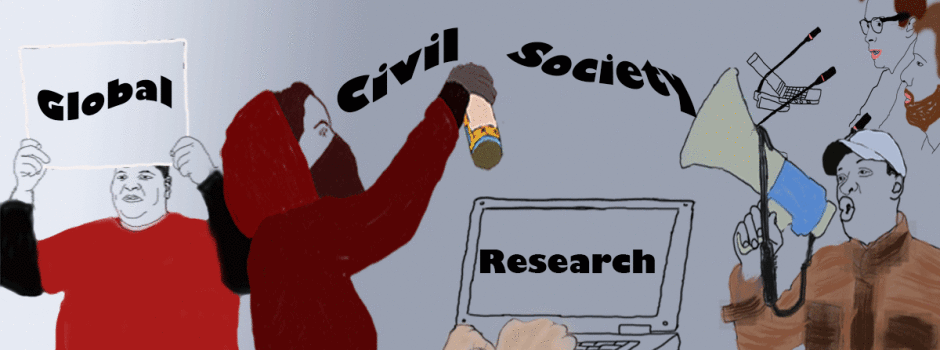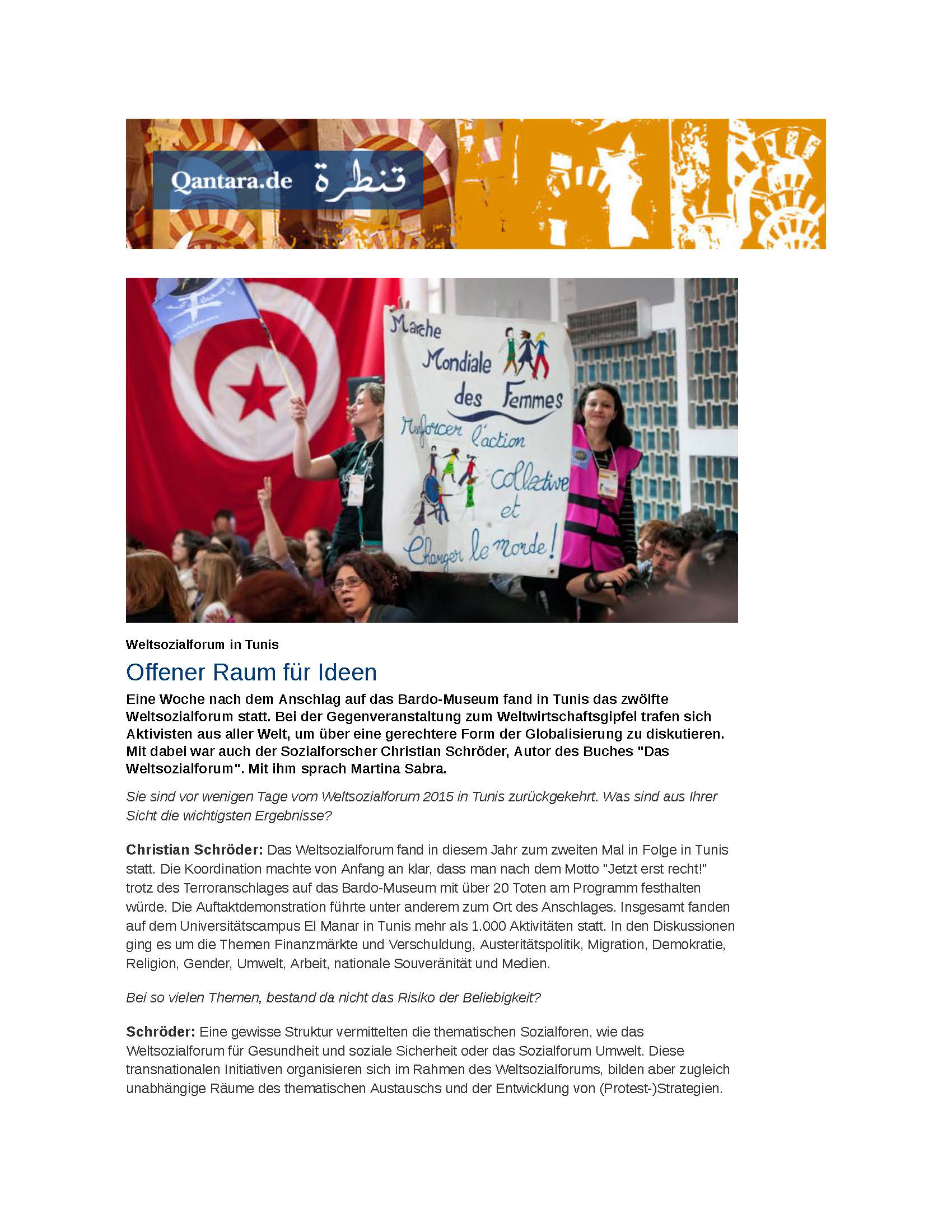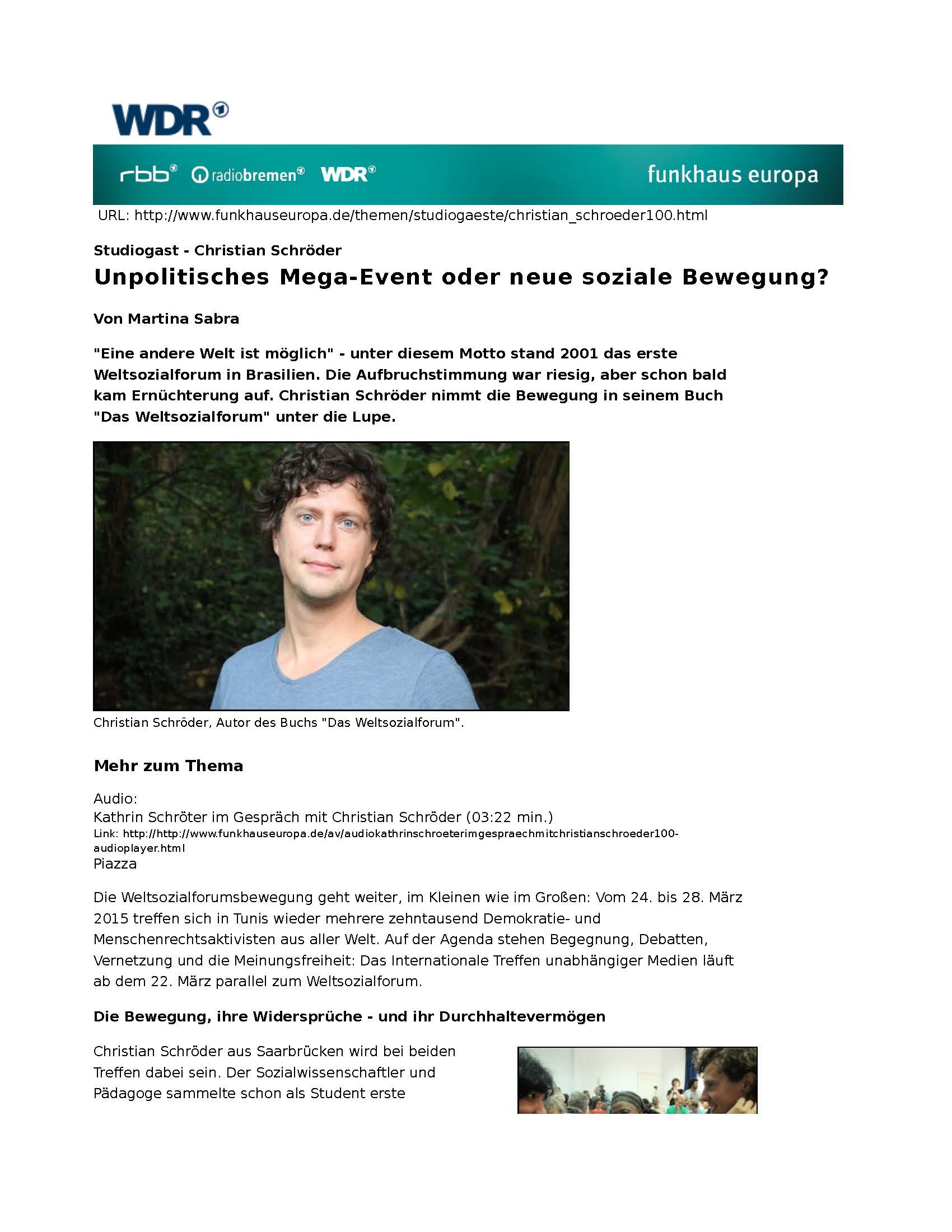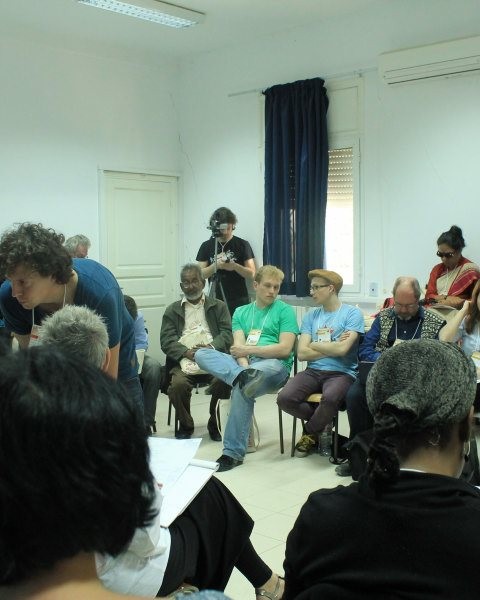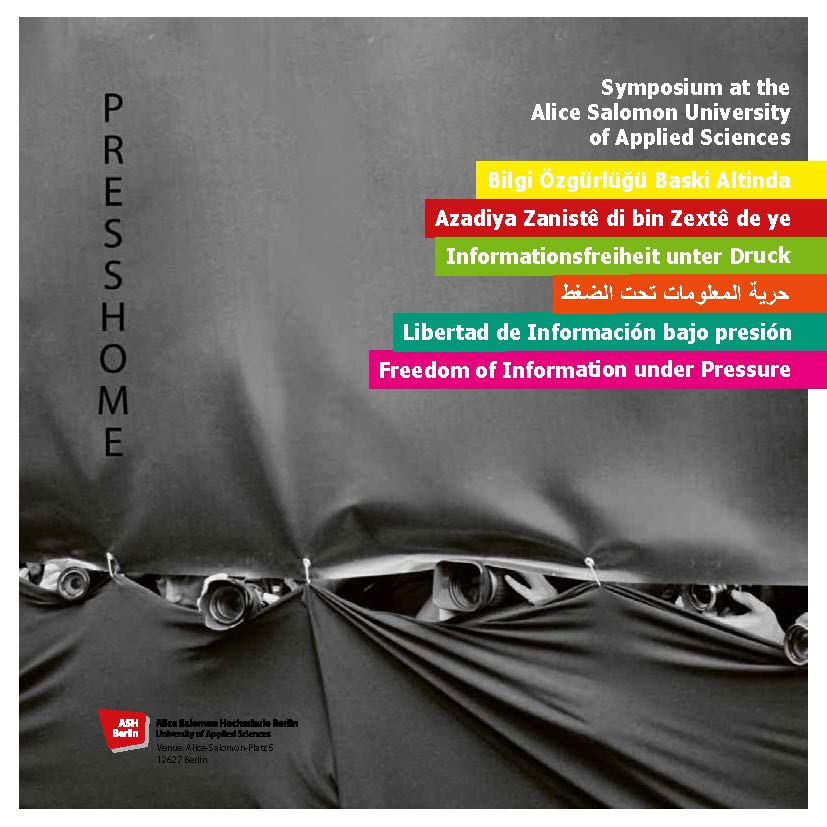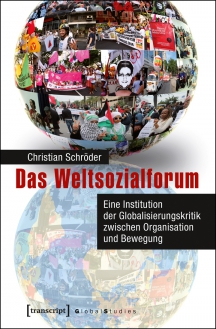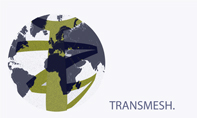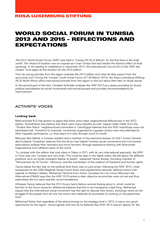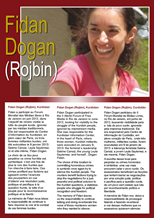Ein ordentlich ausgeführtes, methodologisch einwandfreies Meisterstück, das für Soziologen, Politikwissenschaftler, politische Aktivisten (und vielleicht auch für Geheimdienste) von Interesse sein könnte
(Prof. Dr. Georg Auernheimer)
Georg Auernheimer. Rezension vom 03.06.2015 zu: Christian Schröder: Das Weltsozialforum. transcript (Bielefeld) 2015. 293 Seiten. ISBN 978-3-8376-2967-5. In: socialnet Rezensionen, ISSN 2190-9245, http://www.socialnet.de/rezensionen/18815.php, Datum des Zugriffs 11.08.2015.
Presentation held at the European Conference on Social Sciences 2015 in Brighton, UK. Title: Power in Movement(s). The case of the global justice Movement >World Social Forum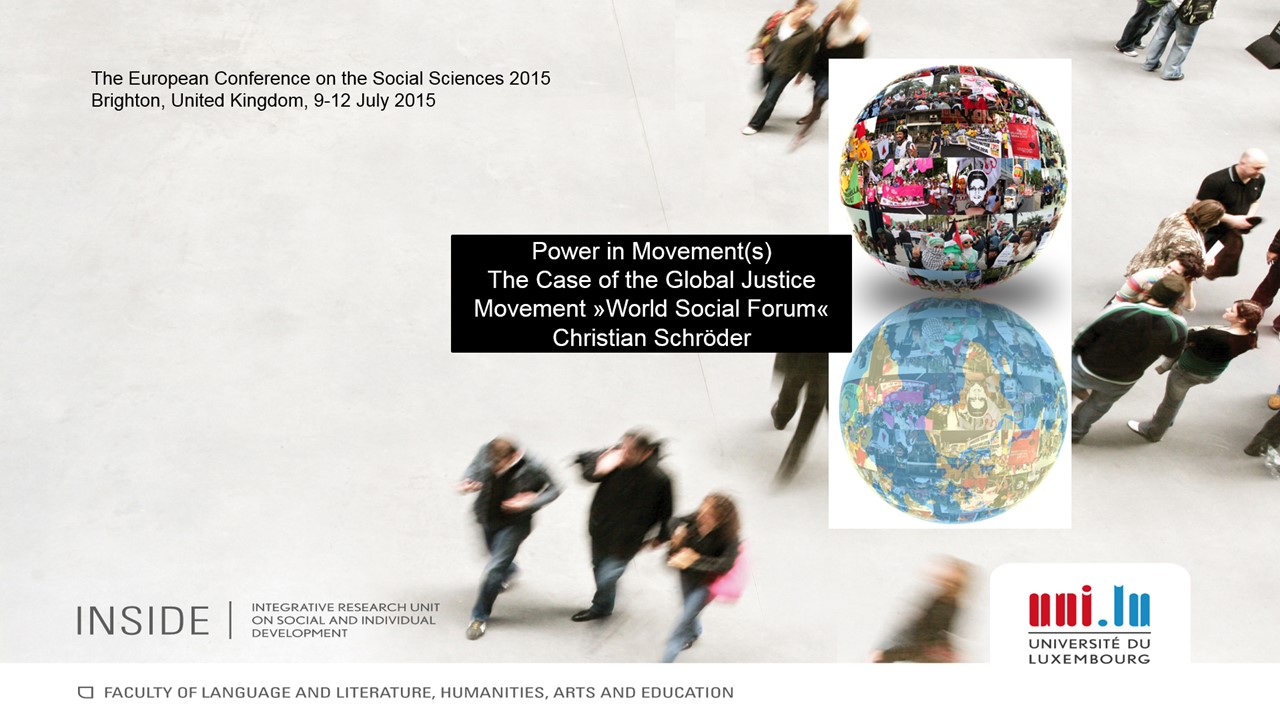
Weltsozialforum in Tunis. Offener Raum für Ideen.
Im Gespräch mit Martina Sabra
Das Weltsozialforum. Unpolitisches Mega-Event oder neue soziale Bewegung? Von Martina Sabra
Interview mit dem Funkhaus Europa vom 24.03.2015
Summary of the doktoral thesis:
The World Social Forum
An institution for global justice between organization and movement
The World Social Forum (WSF) is the relic of the global justice movements of the turn of the millennium. Even after more than a decade after the first WSF in 2001 in Porto Alegre (Brazil) the events still use to mobilize thousands of activists against a neoliberal world order.
With an extensive ethnographic research, Christian Schröder keeps track of the WSF from its origin to the WSF 2013 in Tunisia. The focus is on the question of how the WSF – unlike many other movements – manages to persist for so long without losing its character as a movement. Based on extensive analyzes of comprehensive emperical material, the principle of Transpoiesis is elaborated to describe the survival of movements oscillating between breakup and institutionalization.
Doktoral Thesis has been submitted! Thanks!
Dear Global Civil Society,
welcome to this blog!
With this term “Global Civil Society” I am literally adressing everyone. However “Civil Socoety” is usually defined by excluding profit-oriented activities and every organisation that belongs to the apparatus of government. Since economic and social interdependence between nation states is at its all-time high and still increasing, it becomes more important for civil society actors to gain influence in global politics. Transnational enterprises have built sucessfully coalitions and gained a great global impact. A recent study has shown that just 147 Multinationals control about 40% of the whole world economy. And from these, three-fourth are financial intermediaries (Vitali et al. 2011: 4).
Interview with Sul21 (online magazin in Porto Alegre, Brazil), January 2014.
Read the full Interview (in Portuguese)…
or check it on the CIRANDA Homepage
